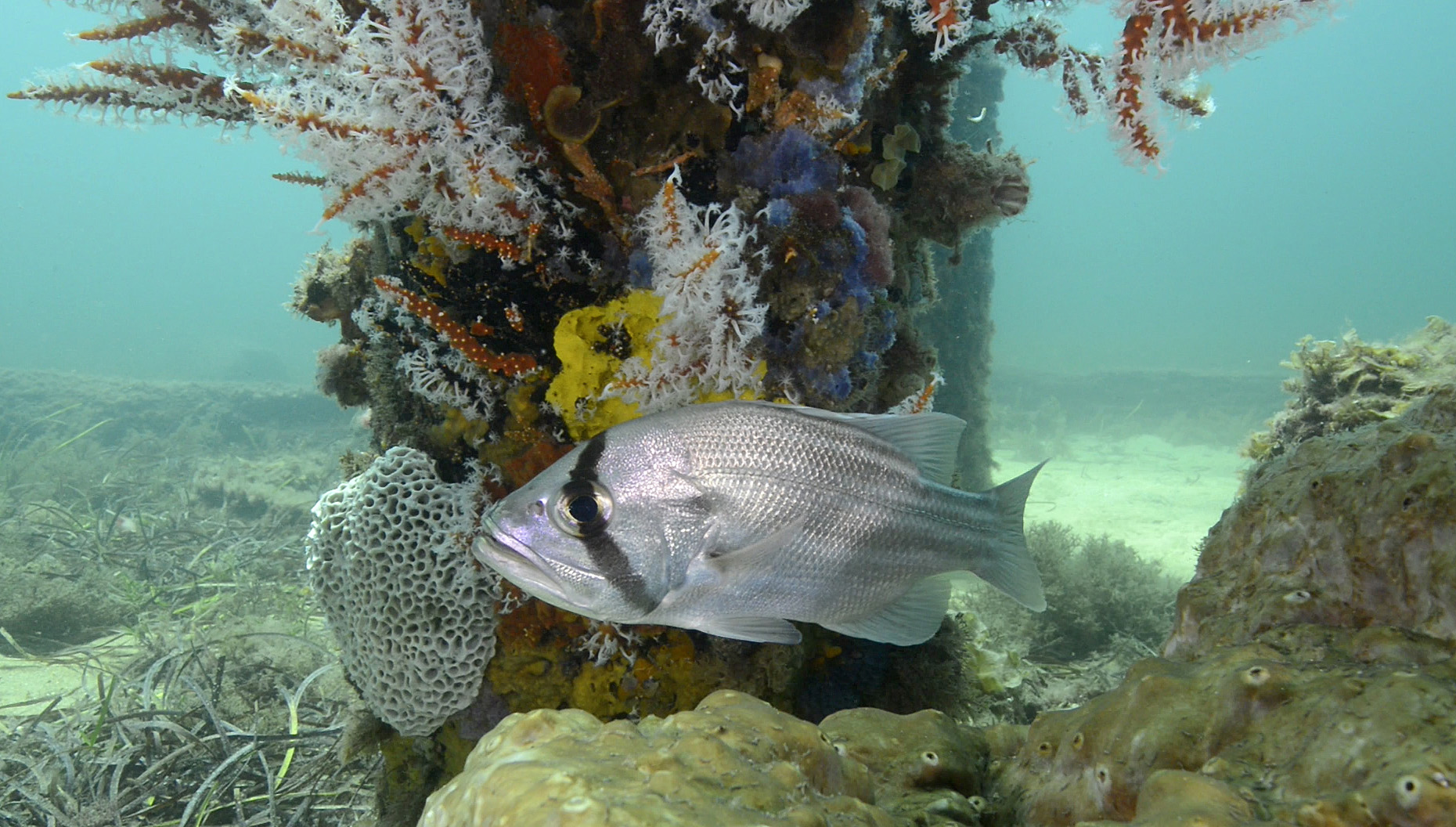
The measures have been introduced across the recreational, commercial and charter sectors to achieve the 50 per cent reduction in the total catch required to recover these popular species, including pink snapper, dhufish and baldchin groper.
For recreational fishers, the existing two-month fishing closure period has been extended by four months. This will be supported by a range of new measures including a boat limit of four demersal scalefish, gear restrictions and the removal of size limits for WA dhufish, baldchin groper and breaksea cod which have high post-release mortality rates.
Recreational fishing from boats and spearfishing for demersal scalefish will be prohibited in the West Coast Bioregion from:
• 1 February to 31 March (inclusive)
• 1 August to 15 December (excluding September-October school holidays)
Land-based line fishing for demersal scalefish or fishing on a licensed charter boat will be permitted all year round.
There will also be increased spawning protection and the implementation of the Abrolhos Islands wilderness fishing area regulations to support the recovery.
The State Government is also investing $10 million to further assist the sustainability of resource including an extensive education and awareness program, plus expanding the juvenile pink snapper stocking and the state-wide Fish Aggregating Device (FADs) programs.
Department of Primary Industries and Regional Development Aquatic Resource Management Director Nathan Harrison said the changes provided a balance between the fishing experience and the management needed to secure the sustainability of these demersal scalefish into the future.
“The timing of the seasonal closures for recreational fishing have been scheduled to allow families to fish for demersal scalefish during all school holiday periods,” Mr Harrison said.
“It is important to note that you can still fish from your boat for non-demersal species in the West Coast Bioregion during the closure periods.
“There are plenty of other quality line fishing experiences for non-demersal species that can still be enjoyed year-round such as fishing for tuna, herring or whiting.
“The expansion of the FAD program will also provide more opportunities to switch your fishing activities towards pelagic species such as mahi mahi, tuna and billfish.”
Mr Harrison said fisheries education and compliance officers had been out in the community making sure fishers know and understand the new rules.
“If you are not sure about the new rules, you are encouraged to check the updated recreational fishing guide online or with your local fisheries officer before you head out fishing,” he said.
“The management changes are not permanent but they are necessary to allow the stocks to recover to sustainable levels.
“We will be monitoring the impact of these management changes on stock levels and catches as we all work towards achieving the 2030 recovery timeframe.”
Further information on the new rules can be found at wa.gov.au/demersalrecovery or in the updated recreational fishing guide.
Picture caption: Single dhufish swimming in front of jetty pillar covered in corals and seaweed.


